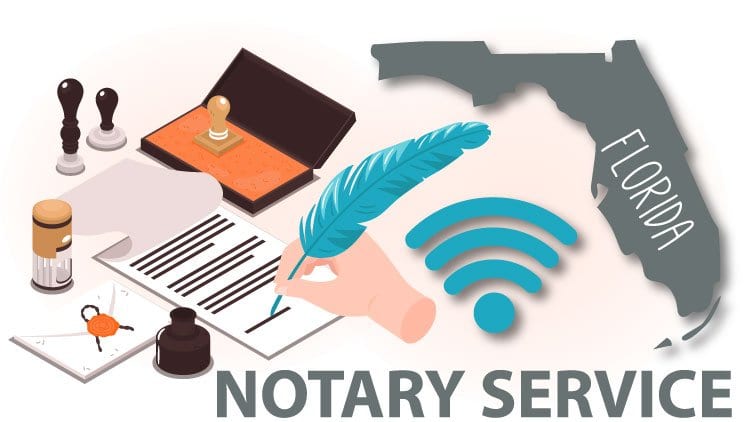Licensed Notary Solutions: Making Certain Legal Credibility and Security
Licensed Notary Solutions: Making Certain Legal Credibility and Security
Blog Article
Demystifying Notarial Work: Simplifying the Duty and Significance of Notaries
In the complex web of lawful documents and confirmation, notaries stand as pillars of assurance and authenticity. Their role, frequently shrouded in enigma for many, lugs considerable weight in guaranteeing the credibility and honesty of crucial papers. As guardians of validity and fact, notaries play a pivotal part in our society, yet their job is not constantly completely comprehended. By untangling the intricacies bordering notarial techniques and losing light on the significance of their acts, a clearer understanding emerges of the vital duty notaries play in maintaining the textile of legal and contractual agreements.
The History of Notarial Job
The background of notarial work dates back to old civilizations, where scribes played a critical role in videotaping essential details and validating documents. This led to the development of notaries, people assigned by the state to act as neutral witnesses in lawful issues.
During the Center Ages, notaries gained prominence in Europe, with their features broadening to include drafting lawful files, licensing trademarks, and maintaining documents. The increase of worldwide trade additionally stressed the significance of notarial work in validating agreements and arrangements across borders.
In the modern-day period, notaries remain to play an essential role in lawful and business deals by confirming identifications, validating the authenticity of records, and protecting against scams. Their duty in licensing the legitimacy of contracts includes a layer of safety and security and depend the ever-evolving landscape of business and law.

Duties and Responsibilities of Notaries
Notaries play an important function in verifying the credibility of records and the identification of notaries. One of their primary responsibilities is to witness the finalizing of crucial papers, such as agreements, deeds, and wills, to make certain that all events are entering right into arrangements intentionally and willingly.
They accredit copies of original documents, supplying guarantee to establishments that the copies are real reproductions of the originals. In general, the tasks and obligations of notaries are vital in guarding the integrity and legality of various papers and purchases - Conveyancer.
Notarial Certificates and Signatures
Exhibiting meticulous interest to detail, notarial certifications and trademarks work as essential elements in confirming the authenticity of legal papers. Notarial certifications typically consist of important info such as the date of registration, the names of the signatures, a summary of the document, and the notary's official seal. These certificates offer a clear document of the notarial act, making sure that the record can be quickly identified and traced back to the notary that oversaw the process.
Trademarks play a critical duty in notarial work, as they indicate the agreement and authorization of the celebrations entailed. Notaries carefully witness the signing of documents to confirm the identity of the signatories and confirm that they are authorizing of their own totally free will. By fastening their official seal and trademark to the file, notaries certify that the required procedures have been adhered to and that the paper is enforceable and valid.
Essentially, notarial certificates and trademarks are the trademark of authenticity in legal deals, offering guarantee to all parties included that the files are genuine and binding.
Relevance of Notarial Acts

Notarization Refine Explained
The registration procedure typically begins with the specific presenting the document to a notary public. When the identity is validated, the notary makes certain that the individual authorizing the document does so voluntarily and without any kind of coercion.

Conclusion

Notarial certifications commonly include crucial info such as the date of registration, the names of the signatories, a description of the document, and the notary's official seal. These certificates offer a clear document of the notarial act, making sure that the document can be easily identified and mapped back to the notary that looked after the process.
By affixing their official seal and signature to the document, notaries license that the required treatments have actually been adhered to and that the file is valid and enforceable.
By confirming the identity of the notaries, validating their determination to my sources get in into the agreement, and licensing the date and area of the signing, notaries play a crucial role in supporting the credibility of legal documents.After the document is authorized, the notary will attach useful content their main seal or stamp onto the document.
Report this page